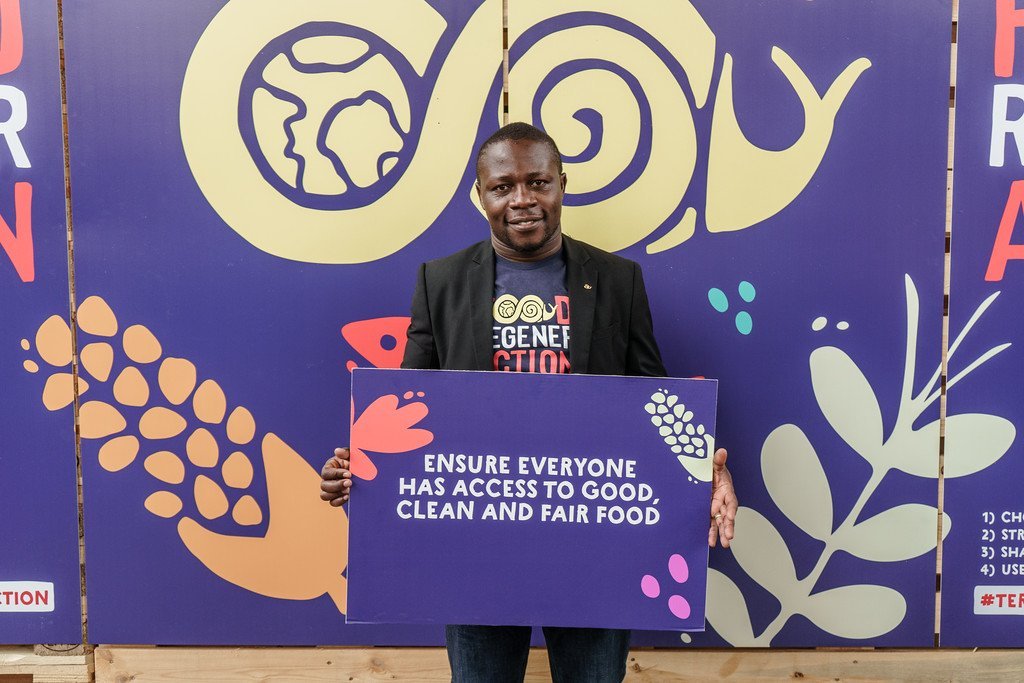As climate change impacts make it hard to grow more and healthy food sustainably, agroecology is dangling a solution. Agroecology discourages use of chemical fertilisers and advocates a shift from exploiting resources to regenerating them.
Promoters of agroecology say it offers an inclusive and complete path towards agriculture transformation because it links the social and environmental aspects of sustainability, addressing the food system. Slow Food, a global organisation promoting local food and traditional cooking and a proponent of agroecology, is promoting the protection of bees and highlighting the danger of their continued loss through the Gardens in Africa project.
The project educates communities and school populations on the importance of bees in our agriculture as well as how the bees are a big pillar in building Africa’s food sovereignty. Edward Mukiibi, president of Slow Food, says communities and schools are supported in establishing ecological gardens that produce vegetables and incorporate a rich diversity of African flowering plants from where bees can collect nectar.
These gardens do not use synthetic chemical products to control pests but rather ecological means of protecting plants like intercropping, crop rotation and timely planting. Insect pollinators — wasps, birds, butterflies, moths, flies and bees — are important in boosting crop yields.
They help about 80 percent of the world’s flowering plants to reproduce by transporting pollen grains as they move from spot to spot.

